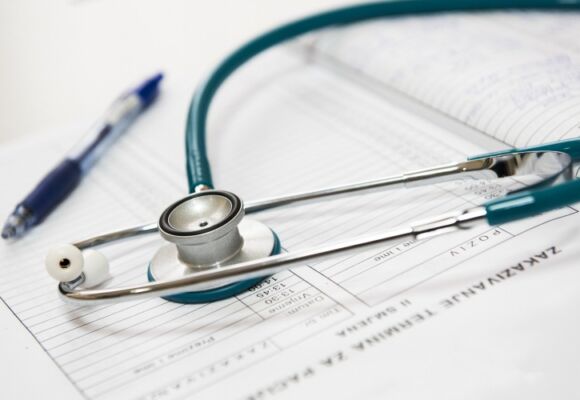The NHS is one of the (if not THE) country’s most treasured institutions, and most of the time it does excellent work that cannot be faulted. However, it is sometimes the case that a mistake happens. It might be that staff are over-stretched or something gets overlooked, and an incident occurs. If this happens to you, you might be eligible for some sort of compensation. This is to make up for the damage that has been caused to you, as well as the money that you have spent and money that you have potentially not earnt now and in the future.
This is known as medical negligence and can cover several areas of error including:
- If the medical professional has not briefed you on the potential risks of your treatment
- If the medical professional has not considered alternative forms of treatment
- If the correct guidelines and procedures were not followed
- If there is a failure to refer you for additional tests
- If your condition was not correctly diagnosed
You can claim medical negligence against any healthcare professional, including doctors, dentists, nurses, surgeons, and anesthetists. When you are trying to prove medical negligence, you will have to prove two different criteria:
- That the medical professional had a duty of care towards you and they breach that duty by acting in such a way that no reasonable or responsible body of medical opinion would agree with them
- That you’re suffering or loss was caused directly by the error.
Ways to prevent medical errors
It is unfortunate, but medical errors can happen a lot in medical settings. These errors can range from prescribing the incorrect dose of medication to giving in-patients food that is unsuitable for them, to surgical errors.
As much as we all want the responsibility for our care to be taken out of our hands in a medical setting, there is also a significant amount that we can do as individuals to help to protect ourselves and reduce the chance of medical errors occurring. These include:
- Make sure that doctors are aware of any medicines that you take
- Ask your doctor about side effects and what you are taking the medication for
- Check that the medication dosing instructions on the packaging are clear and ask if you are unsure
- Be proactive about seeking help for any symptoms that you have
- Be aware of the medication that you take and how much of it. If someone is trying to give it to you, check with them what they are giving you and how much, and question them if you do not think that it is right.
- Ensure that everyone is aware if you have any intolerances or allergies
- Make sure that your doctor is aware of all of your health information
- Take a friend or family member to appointments – it can be easy to forget what is said, especially if you are emotionally invested
- Do not assume that no news is good news – ring the doctors or hospital if you have not heard from them.
Why medical errors occur
Unfortunately, errors can occur in any situation – especially ones where humans are involved. When people are put under pressure, there is also a higher chance of medical errors occurring, and medical settings, sadly, are often highly pressured places.
It is important to remember that most of the time, medical errors do not occur, but very rarely they do – for a number of different reasons.
Some of these include:
- Communication issues between different members of staff or departments
- An inadequate flow of information – paperwork going missing, test results not being logged, or other similar circumstances
- Human error • Inadequate patient assessment
- Technical failure
- Inadequate policies
How often do medical errors occur
It is estimated that about 237 million medication errors occur every year, with the majority being errors in the place that the drugs are dispensed. Despite this huge number, an estimated three out of four of these cases do not result in any sort of adverse drug reactions. However, although adverse drug reactions only appear to account for a few hundred deaths each year, there is a possibility that they can contribute to many more.
How to deal with medical errors
Medical errors come in all shapes and sizes. Some will not affect you much, whereas others can have a significant effect on your life. If a medical error happens to you, you will need to decide whether you have the grounds to pursue it or not. If you believe that you have a case for medical negligence, then you can speak our solicitors to discuss your case and then decide whether or not you wish to take it further.
Contact Waldrons solicitors
Here at Waldrons our team of expert solicitors are on hand to speak to you, get in touch today!
More information Medical Negligence
Last reviewed on 11/07/23 by Joseph Norton who is a Director and Head of Compensation
